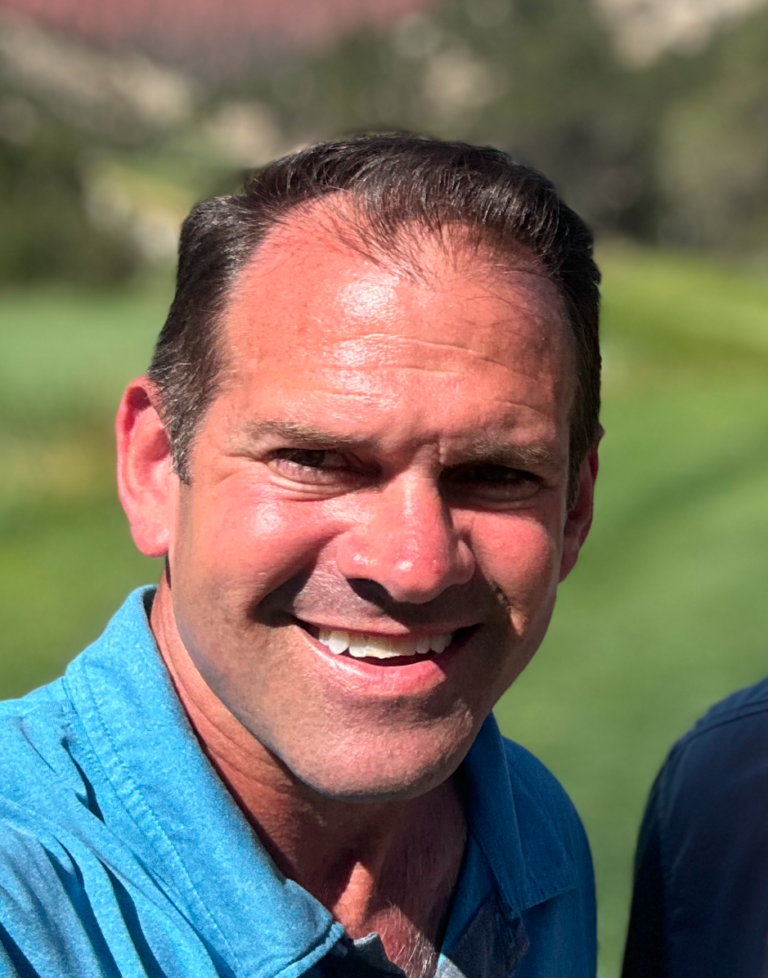The Role of AI in Heart Disease Prevention: Insights from Dr. Ian Weisberg
The Role of AI in Heart Disease Prevention: Insights from Dr. Ian Weisberg
Blog Article
Developments in medical engineering are transforming the way cardiovascular disease is identified, monitored, and treated. Dr Ian Weisberg, a respected expert in cardiac electrophysiology, believes that integrating cutting-edge technology in to cardiovascular treatment can considerably increase patient outcomes. From wearable units to artificial intelligence, these innovations are making heart wellness administration more accurate and accessible.

The Rise of Wearable Cardiac Tracking Units
One of the very substantial breakthroughs in center health is the use of wearable engineering to check cardiac function. Devices such as for instance smartwatches and portable ECG displays allow people to monitor their heart rate, identify irregularities, and also recognize early signals of atrial fibrillation. Dr. Weisberg shows these instruments empower individuals by providing real-time knowledge that can alert them to possible problems before they become critical.
Artificial Intelligence in Cardiovascular Treatment
AI-driven options are revolutionizing the way in which cardiologists evaluate risk factors and identify heart conditions. Unit learning calculations analyze great amounts of individual data to identify designs which could suggest underlying aerobic disease. Dr. Weisberg stresses that AI has got the possible to discover abnormalities faster and more correctly than traditional strategies, leading to early in the day interventions and greater individual outcomes.
Remote Cardiac Tracking for At-Risk Patients
For individuals with current center conditions, remote tracking units present a method to monitor their cardiovascular health without regular hospital visits. These units continually measure heart beat, blood force, and other essential signs, shifting the information to healthcare companies in true time. Dr. Weisberg sees that as a game-changer for managing problems like arrhythmias, center failure, and post-surgical recovery.

The Potential of Cardiac Treatment: Individualized and Data-Driven
Looking forward, Dr. Weisberg predicts that the continuing future of cardiology will soon be driven by personalized medicine. By mixing genetic screening with real-time health monitoring, medical practioners may build designed therapy options for every single patient. This method decreases risks and guarantees that persons get the very best solutions based on their own health profile.
Realization
Engineering is reshaping exactly how we approach heart wellness, providing progressive options for prevention, early detection, and administration of cardiovascular disease. Dr Ian Weisberg advocates for adopting these breakthroughs to boost individual attention and outcomes. As wearable units, AI-driven diagnostics, and distant monitoring continue steadily to evolve, the ongoing future of cardiology looks more encouraging than ever.
Report this page